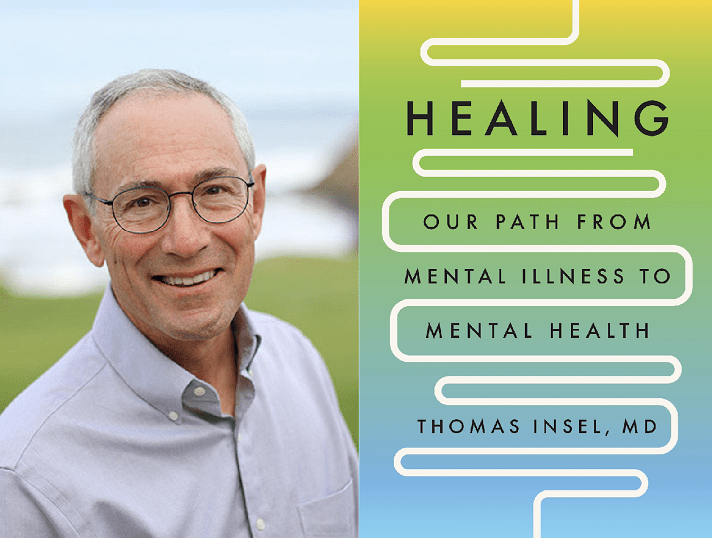Posts by Dr. Thomas Insel
From “Eminence-based” to Evidence-based mental healthcare: Time to focus on quality and accountability
For the mental health crisis of care, quality is as much of a problem as quantity. Most people who seek mental health care for the first time are baffled by how to find a clinician. I know what many parents felt. When my daughter, Lara, finished her first semester at Oberlin, she returned home to…
Read More
